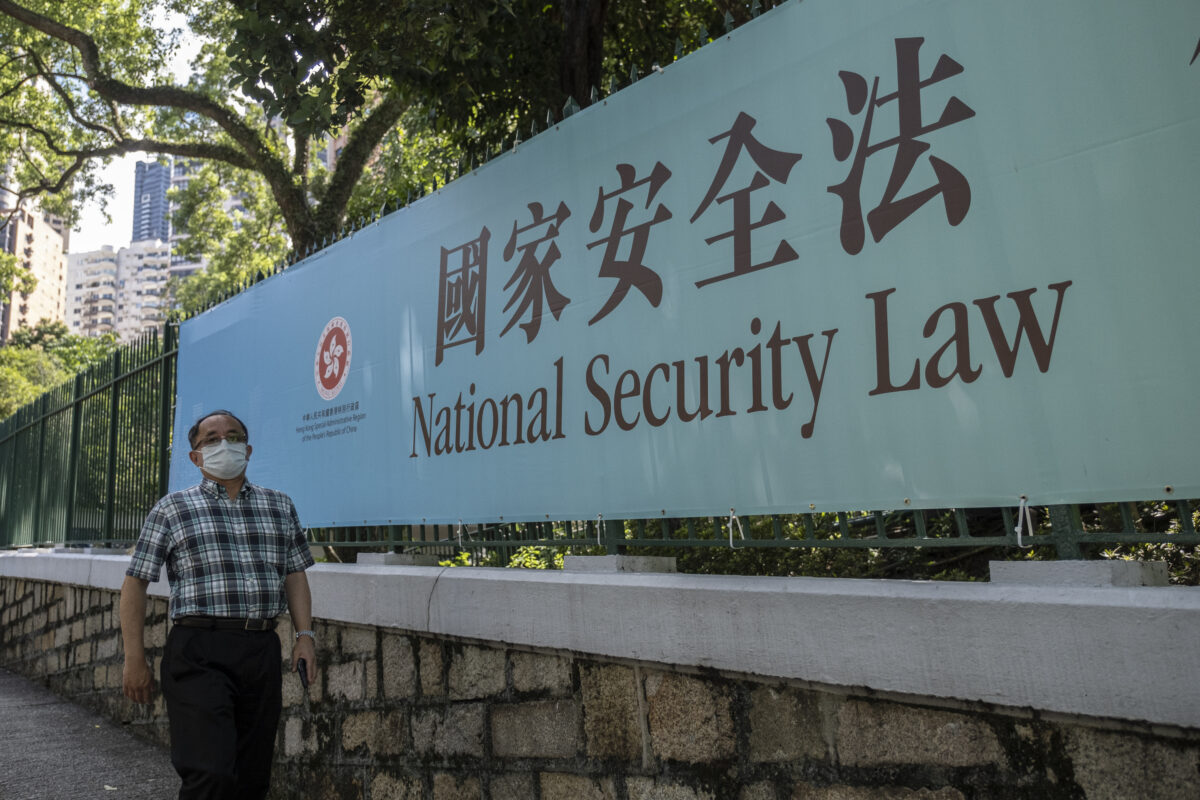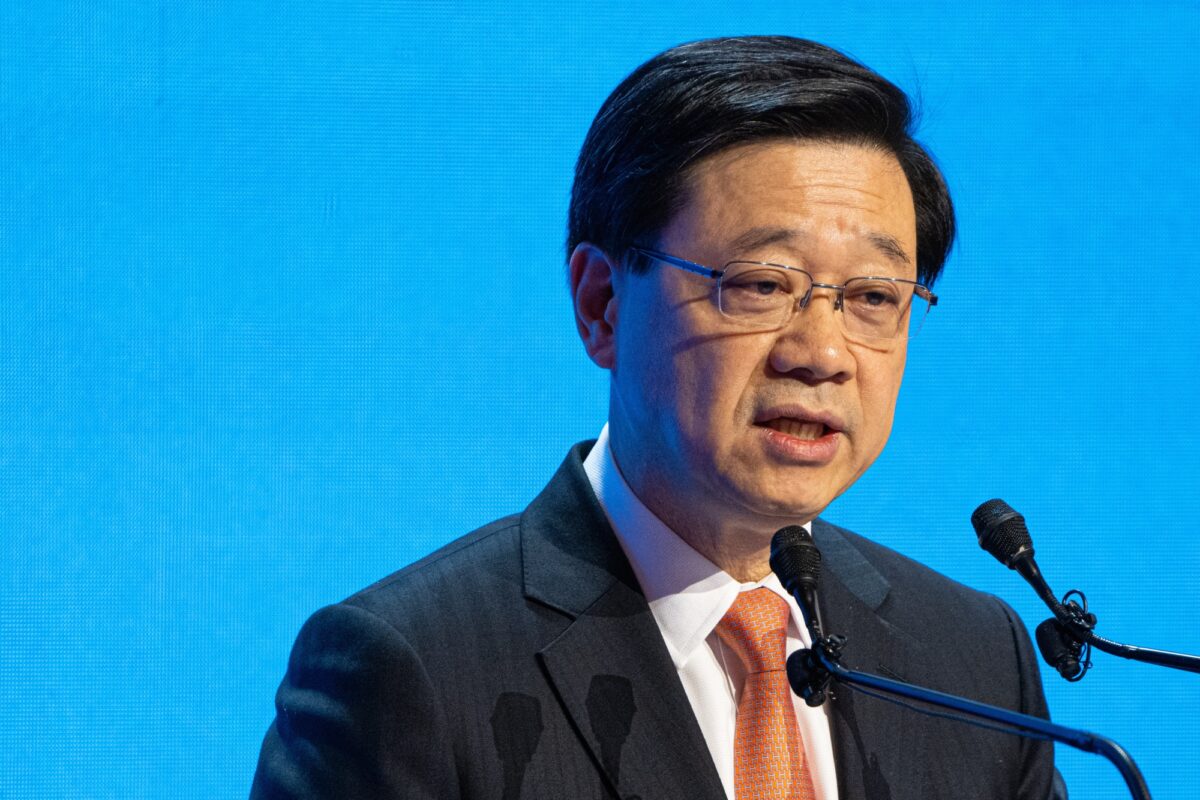The Hong Kong government has decided to bring out new national security laws, termed as Article 23, targeting offences such as treason, sabotage, sedition, theft of state secrets, and also operations of foreign organisations and agencies in the city. The law also aims to regulate the use of computers and electronic systems to carry out activities that could endanger national security. It released a 110-page document outlining the various aspects of the law on Tuesday.
What are the various measures proposed by the new law?
The law mentions a new offence of external interference under which it proposes tighter controls over international political organisations. It prohibits collusion with foreign or external forces to interfere in the city’s internal affairs and also claims to categorise publication of misleading statements that endanger national security as espionage.
It also prevents actions that can incite public officials to give up their allegiance to Hong Kong or China and includes provisions that can lead to tougher penalties against sedition and end early paroles in cases of breach of national security.
It includes a list of state secrets that cover multiple areas including economic, scientific and diplomatic aspects but explicitly mentions that for anything to qualify as a state secret, it would have to threaten national security if brought out in public.
Why has the new law been proposed?
In 2020 the Chinese government released a law to bring about stability in Hong Kong after a series of pro-democracy protests. The new law is being seen as an extension of this previous law and aims to strengthen it further, while at the same time sharpening colonial era laws that are considered unworkable. Many of these laws are quite vague and the new legislation is an attempt at clearly defining boundaries.
The legislation is believed to be long overdue under the ‘Basic Law’ or the city’s mini constitution which was formulated in 1997 at the time of Hong Kong’s transfer from British hands back to China. The mini constitution includes an article 23 that stipulates that the city “shall enact laws on its own to prohibit acts and activities that endanger national security”.
The city’s chief executive John Lee claimed that the new laws would increase Hong Kong’s safety and stability and create an atmosphere where businesses and private organisations can flourish.

Source: Fortune
What will be the implications of the new law?
It is believed that the new legislation will further increase state control over dissenting voices and restrict the functioning of civil society groups while also preventing people from influencing legislations by curbing their freedom of speech and expression.
Critics also fear adverse impacts on businesses, especially those which use internet for functioning. Since the laws allow the government increased access to data, it can negatively impact foreign data transfers with international companies and businesses worried that their data can be readily available to government agencies.
The new legislation is also likely to restrict academic freedom as the expanded definitions of state secrets and of the various offences like espionage can mean investigations and research work being subjected to government scrutiny or even straight away classified as illegal.
Conclusion
Despite all these concerns and the fact that a similar legislation failed miserably when it was brought out in 2003 with nearly 5,00,000 people coming out on streets to protest, the government is intent on passing the new law as quickly as possible. The legislation is open for public consultation till 28th February after which it will be passed by the Legislative council which severely lacks opposition or pro-democracy leaders.



